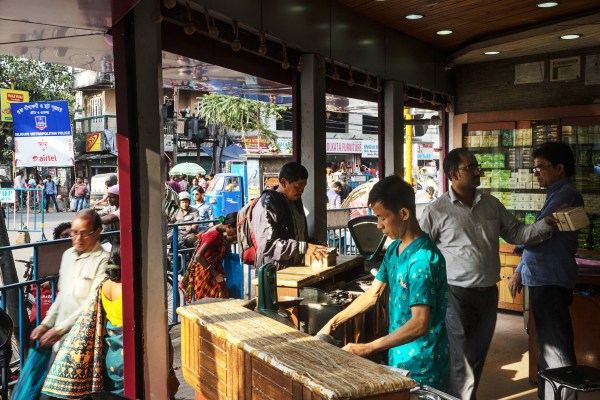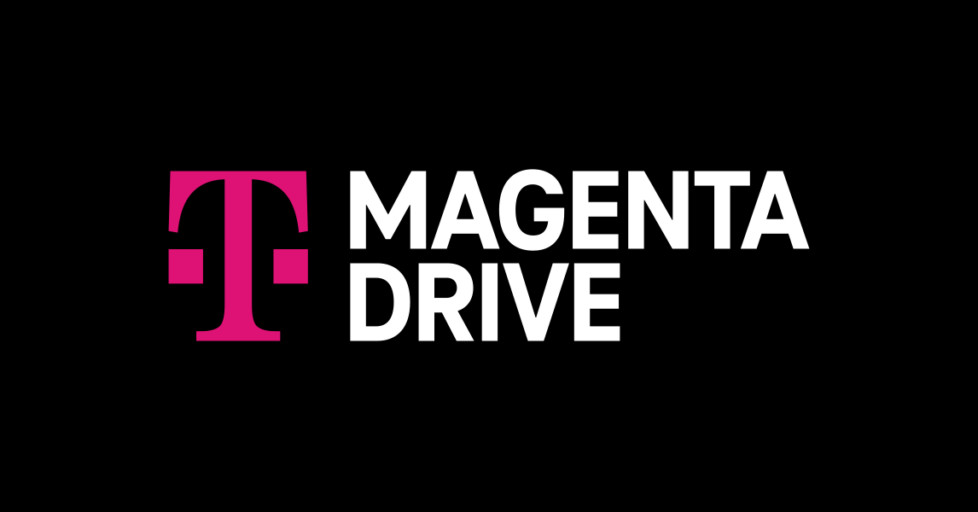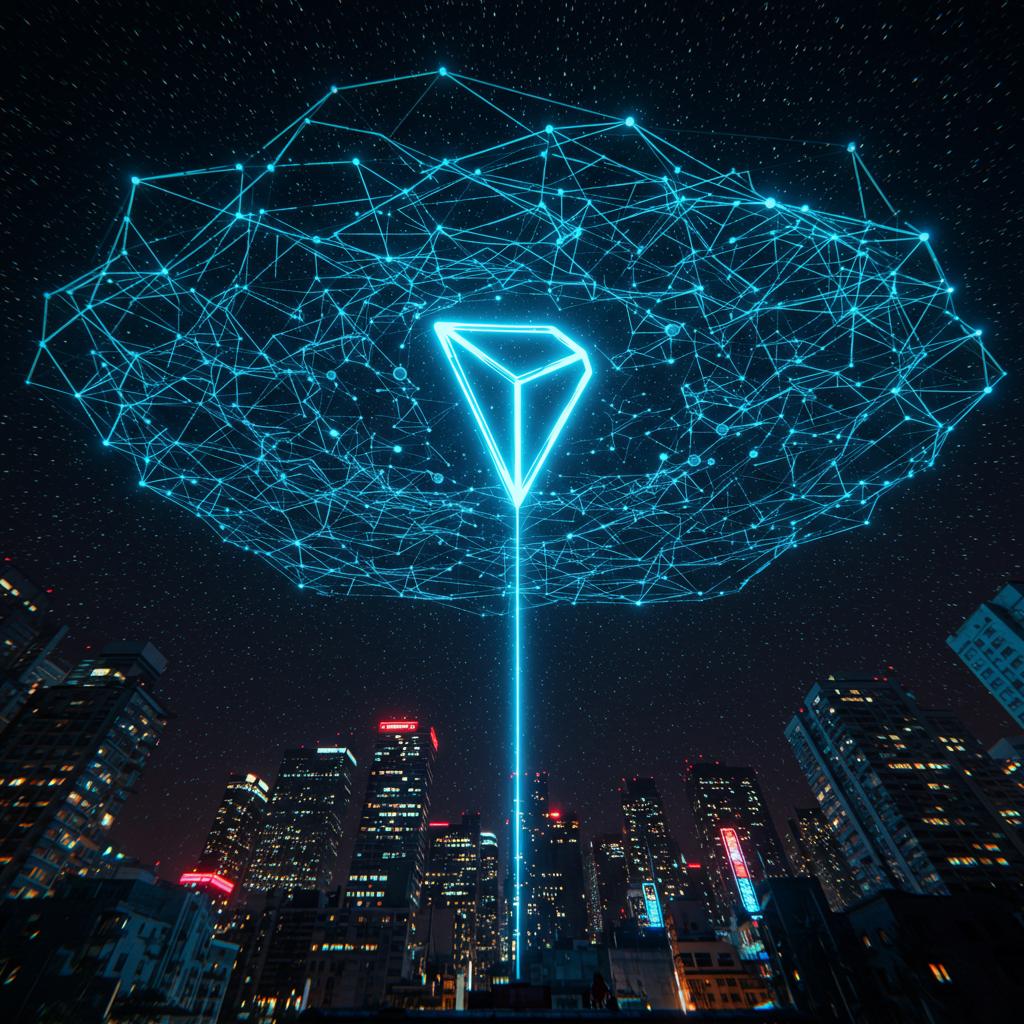The impossible dream of good workplace software
Illustration: The VergeCan AI actually change our love-hate relationship with our tools? Continue reading…
/cdn.vox-cdn.com/uploads/chorus_asset/file/25668312/DCD_Enterprise_software_101024.jpg)
On today’s episode of Decoder, I’m talking with my good friend David Pierce, cohost of The Vergecast and editor-at-large at The Verge. We’re talking about something that David spends honestly too much time thinking and writing about: software.
In particular, we’re talking about the software that you use at work. That’s the stuff you like — or maybe just tolerate — and use every day, the stuff you hate and try to avoid using at all costs, and the stuff in between that you love and hate because your job revolves entirely around using it all day long.
Business changed radically when software entered the office — it’s the foundation of Marc Andreessen’s now-famous quote, “Software is eating the world.” And everything might be about to change drastically all over again, as AI automates more and more of that software. At least — that’s if you believe all the CEOs who come on Decoder to say that’s what’s about to happen.
Listen to Decoder, a show hosted by The Verge’s Nilay Patel about big ideas — and other problems. Subscribe here!
These tools are usually all called enterprise software, but there are often big overlaps with the popular productivity tools many of us use in our regular lives as well. So first, I wanted to ask David to help define it all. Then I wanted to talk about the state of all these industries right now and how these tools shape how we do work every day in subtle and powerful ways.
We talk about familiar tools like Microsoft Office, Google Workspace, and Slack, of course. But as you’ll hear David explain, we’ve started to see scores of new apps crop up to handle very specific use cases. These programs are building clever metaphors and interesting new interfaces to try to rewire our brains and make us work differently — presumably faster, more efficiently, and nowadays, more remotely.
Sometimes that works… and sometimes it really, really doesn’t. And it feels like the addition of AI to the mix will accelerate the pace of experimentation here in pretty radical ways. Something is changing, and I often find the best way to understand the future is to take a moment to consider the present.
We talked about a lot of articles and interviews in this episode, including:
Decoder with Nilay Patel /
A podcast from The Verge about big ideas and other problems.

 Konoly
Konoly 





























.jpg)

